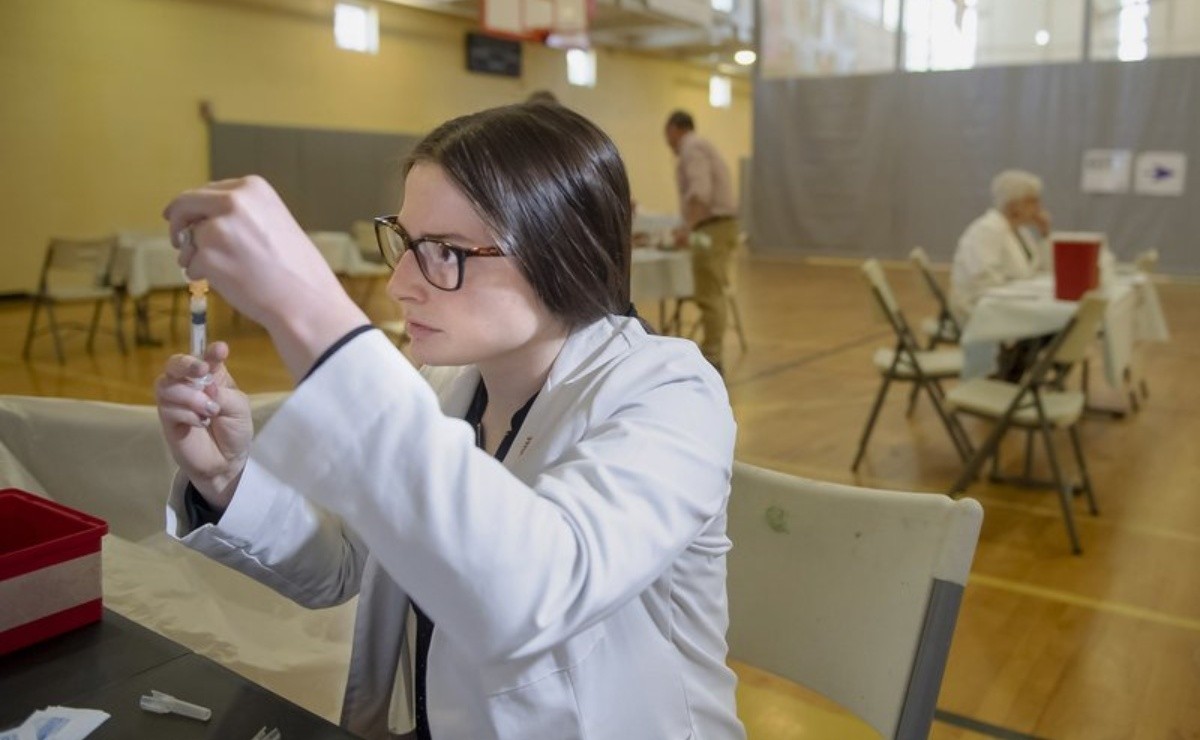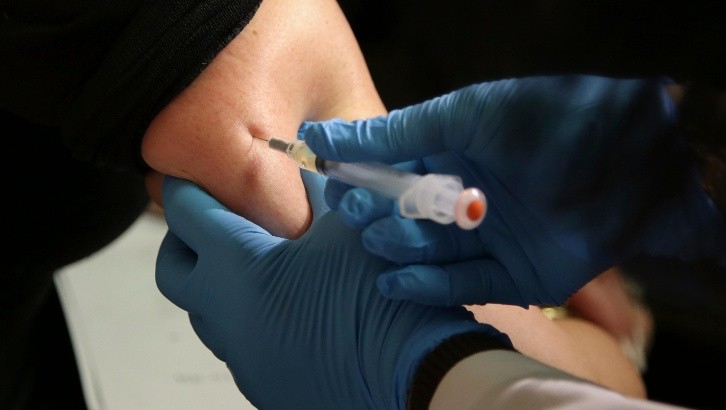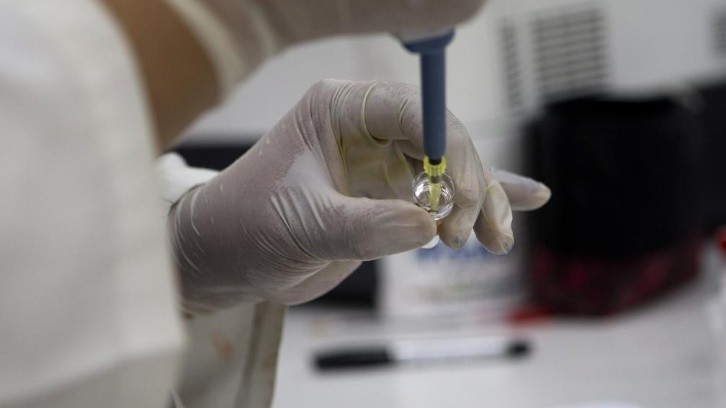
According to the United States authorities, this disease had not occurred for 25 years and now there are more than 800 cases
Measles is a very contagious virus , it is characterized by the appearance of small red spots on the skin, high fever and it can be acquired at any age, even in adults when they did not suffer from it in childhood.
Measles is spread through droplets of saliva when we cough, sneeze, or have close personal contact. Now there is an alert in the United States that the total number of measles cases in the United States exceeded 800. If you were born after January 1, 1957, get vaccinated against the measles epidemic!

Some clinics vaccinate for free because the cases increase the account of what is already the largest registry of cases in the country in 25 years, reported United States health authorities.
As of last week, there were a total of 839 reported cases, the most since 1994 when 963 cases were recorded for the entire year. The US Centers for Disease Control and Prevention released the latest figures on Monday.
In total, 23 states in the country have reported cases so far this year. The vast majority of illnesses have been reported in New York, primarily among people from Orthodox Jewish communities who are not vaccinated.

How to protect yourself from the measles virus if you were born after 1957
So far there is no treatment for measles, the best way to fight measles is with rest and drinking enough water, the only way so far to protect yourself from the virus and prevent measles is through vaccination.
Anyone born after January 1, 1957 should receive two doses of the MMR (measles, mumps, and rubella) vaccine. If you were born on that date and you do not have a blood test that shows that you are immune to measles or you have not had two doses of MMR, you should go to a medical center to ask about the vaccine.
People who were born before January 1, 1957 are generally considered immune to measles. So it is recommended that everyone born after 1957 receive 2 doses of the MMR vaccine. The measles vaccine can also protect you in the first 72 hours of a measles exposure.
Measles was common but gradually became an unusual disease after vaccination campaigns that began in the 1960s.
How is it spread
From mother to child in pregnancy, childbirth or breastfeeding, by coughing or sneezing, with shared kisses or drinks, with a handshake or hugs, also with shared blankets or towels.